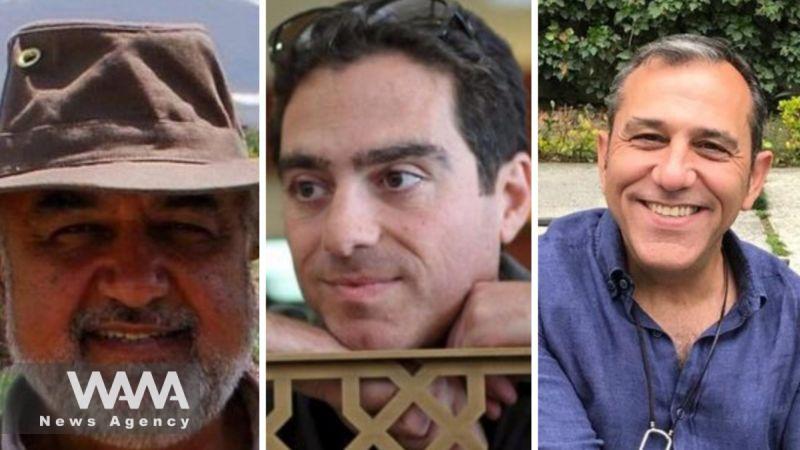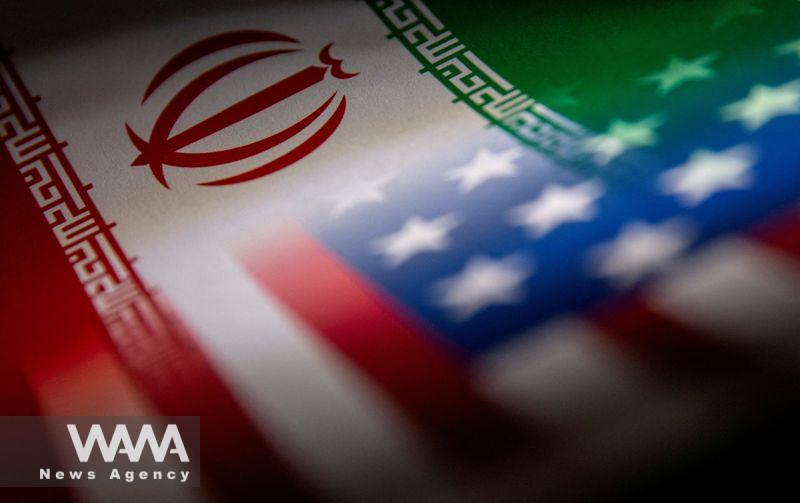America’s dagger towards critics of Iran commemorates the anniversary of Mahsa’s passing
WANA (Aug 11) – Following numerous condensed negotiation rounds and the utilization of various approaches to reclaim Iran’s entitlements, the current phase involves implementing the agreement. The pact includes a prisoner exchange and releasing Islamic Republic assets from South Korea.
Iranian funds are currently being transferred to designated accounts. The agreement’s stages ensure that after resources are definitively moved to a Qatar-based account, American captives will regain their freedom, and some Iranian prisoners in the U.S. will return home.
This process will unlock all of Iran’s frozen assets in South Korea. The simultaneous utilization of legal and diplomatic channels significantly contributed to successfully concluding this process.
The timing of this accord, just a month before the anniversary of the protests sparked by the demise of 22-year-old Iranian woman Mehsa Amini, carries unique significance.

U.S. Executes Prisoner Swap with Iran, Involving $6 Billion in Oil Sales. Social Media / WANA News Agency
Calculating Americans, dissatisfied with the Iran riots’ outcome and nearing the anniversary of last autumn’s demonstrations, embraced this pact with Iran.
The prisoner exchange between the U.S. and Iran was initially planned for the prior year, but street protests led the Americans to postpone it. American decision-makers believed that these protests might destabilize Iran’s political situation, prompting them to withhold concessions at that juncture—an analysis that proved somewhat inaccurate, eventually compelling Washington to yield to Tehran’s demand for asset release.
In fact, the unfreezing of Iran’s assets in South Korea marks yet another setback for those opposing the Islamic Republic of Iran. Over the past year, opponents of Iran have attempted to isolate the nation and throw various obstacles in the path of its foreign revenue. While these opponents have achieved some degree of success in this endeavor, it hasn’t been as much as they initially anticipated.
The reformist political faction within Iran, which strongly leans towards the West, is profoundly displeased by the 13th government’s success in returning blocked financial assets from abroad. They had anticipated that these concessions from the U.S. would be granted to Hassan Rouhani’s administration to bolster their influence on the domestic political front.
Both the opponents of Iran abroad and the reformist movement, as the West’s support inside, believe that America has stabbed them in the back with this agreement.
We have to wait and see if this agreement will proceed according to the agreed procedure in the coming days or if the Americans will create a problem for it again like the JCPOA agreement.













User comments